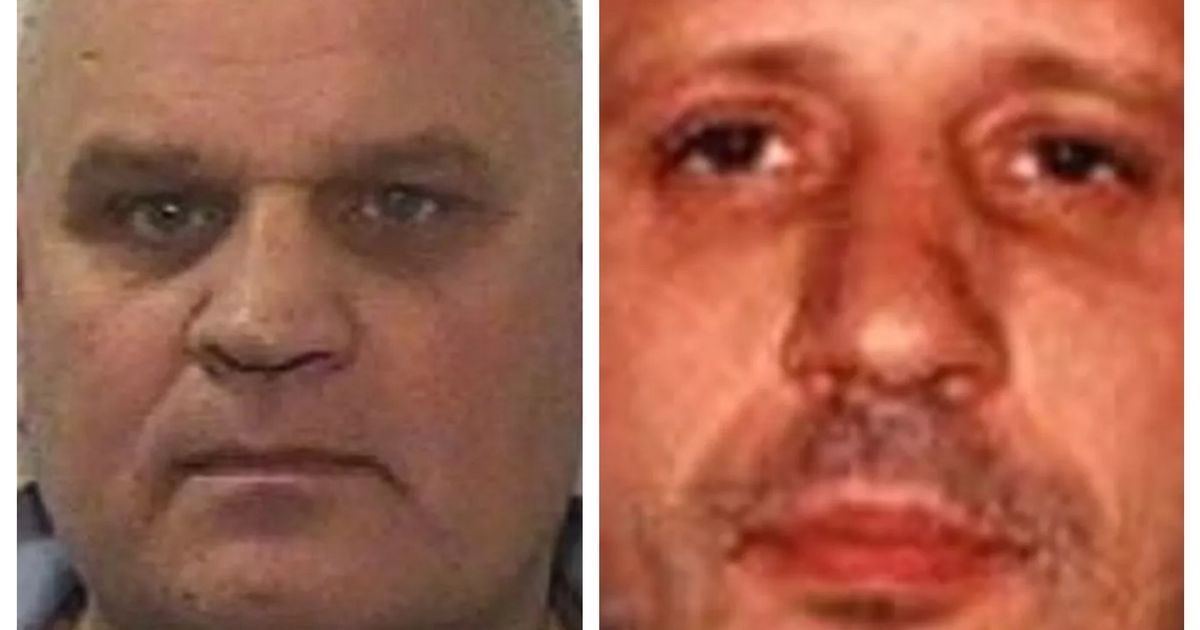‘It would have been pointless trying to be diplomatic, it would have been seen as a weakness’
18:19, 01 Jun 2025Updated 18:23, 01 Jun 2025
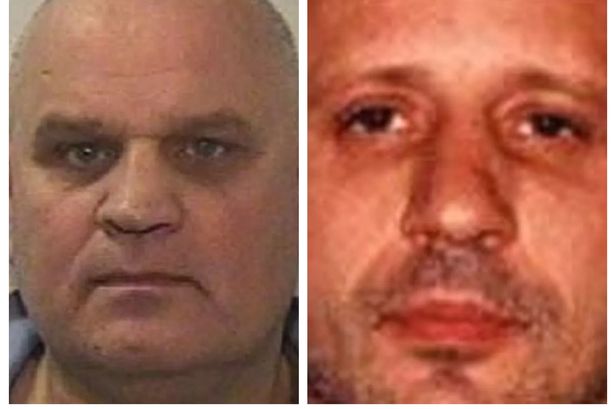 Paul ‘One Punch’ Doyle (left) and Billy Webb
Paul ‘One Punch’ Doyle (left) and Billy Webb
The phone call came completely ‘out of the blue’.
Notorious gangster Billy Webb and several members of his firm had turned up at Kiss nightclub in Bolton and ‘kicked the s***’ out of one of the doormen before helping themselves to drinks from behind the bar. The violence might have been unexpected, but Paul ‘One Punch’ Doyle understood what was going on.
It was the early 90s and the infamous Manchester door wars were raging. And Doyle, a former football hooligan, fearsome bouncer and self-confessed ‘grafter’, was in the thick of it.
Doyle was at loggerheads with his one-time friend Salford ‘Mr Big’ Paul Massey. They had once been close – it was Massey who is said to have given his pal his nickname after witnessing him knock out five men, one after the other, at Pips nightclub in Manchester -but by 1993 the pair had fallen out.
The roots of the dispute are murky, but in an interview for the Anything Goes YouTube series, Doyle suggested it stemmed from a row with Massey and his Ordsall-based firm intruding on what he considered to be rival territory in Salford. In Gang War: The Inside Story of Manchester’s Gangs, journalist and author Peter Walsh says it was sparked by the shooting of Doyle’s brother Bradley at the Valentine’s club.
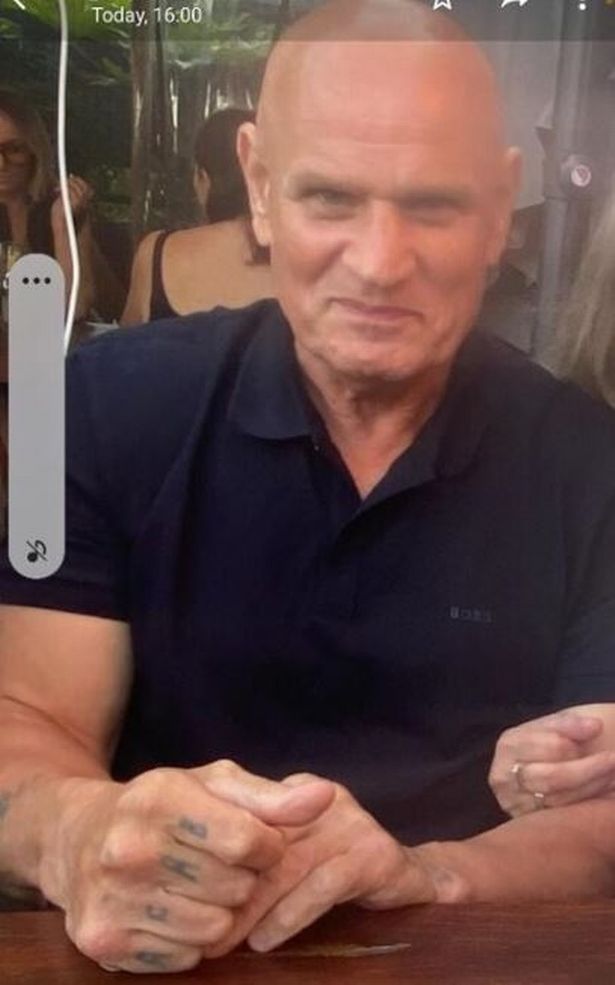 Paul ‘One Punch’ Doyle(Image: Paul Doyle)
Paul ‘One Punch’ Doyle(Image: Paul Doyle)
But with gangs jostling to control the drug supply in the city’s booming club scene, and venues targeted for protection money, the summer was blighted by a spate of tit-for-tat shootings. So Doyle and his friend and business partner Graeme Boardman, sought a truce with Massey’s Ordsall firm and began looking for work away from the attentions of Manchester and Salford’s gangsters.
They took over the door at Kiss, a small club in the basement of Elizabeth House, near Bolton market. But, as they soon discovered, the door wars weren’t done with them yet.
One night a ‘hardened villain named Baz’, showed up at the club and demanded a meeting, writes Doyle in his autobiography Surviving the Madness. Doyle and Baz were friendly from a stint at Strangeways, but it appeared that now counted for nothing.
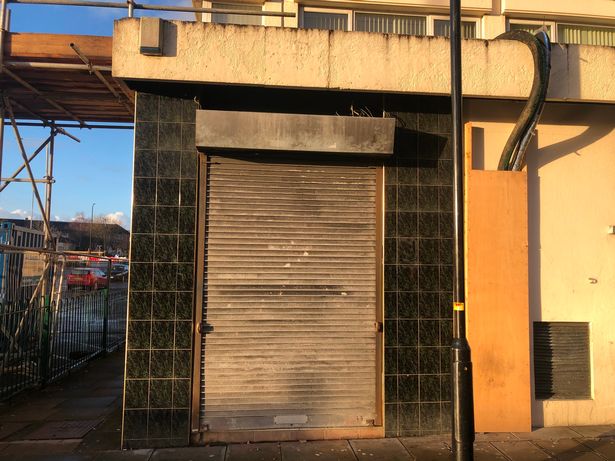 Elizabeth House in Bolton – the building used to house Kiss nightclub(Image: Manchester Evening News)
Elizabeth House in Bolton – the building used to house Kiss nightclub(Image: Manchester Evening News)
“Straight away I had a gut feeling about the direction that meeting was going to go in,” writes Doyle. “It resembled something out of a gangster movie.
“Baz was sitting there on one side of the desk with his friends standing either side of him, doing their best to look menacing. I was sat behind the desk with Graeme beside me ready to pounce.”
Doyle says Baz told him Bolton was ‘our city’ and that they didn’t like the idea of ‘Salford gangsters thinking they can run it’. The meeting ended in a stalemate, with neither side backing down.
But Doyle suspected more powerful forces were at play. “Massey had warned me he would struggle to keep his boys from coming after me,” he writes. “Now I knew they definitely were.”
A couple of days later Doyle says he received a message warning if he and Boardman continued to work in Bolton, they should ‘expect the place to be targeted and whoever gets hurt gets hurt’.
“He also sent me a personal message that there would be a bullet with my name on it,” writes Doyle. “There goes an old saying ‘don’t shoot the messenger’, and we didn’t, he got one hell of a hiding though.
“I had to send back a message of my own, and the time for talk had long since passed, much like my friendship with Baz.”
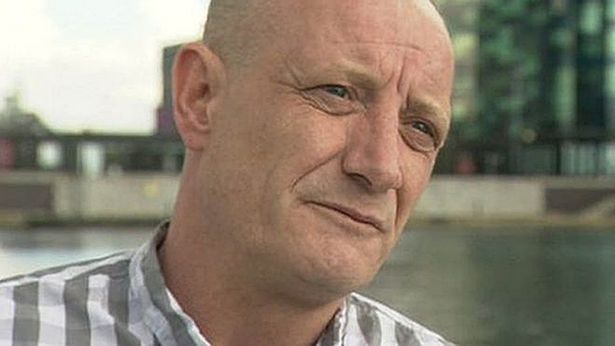 Paul Massey(Image: PA)
Paul Massey(Image: PA)
From there the dispute escalated. Doyle was told to expect a visit from Billy Webb. Alongside his partner-in-crime John Barber, Webb controlled the supply of heroin and crack in Bolton.
From a greasy spoon named Debbie’s Diner under a railway arch on the outskirts of the town centre the pair ran a multi-million pound drugs empire and left a trail of bloodshed and misery in their wake.
“He ruled with an iron fist and used fear and brutality to maintain his reputation as a man not to be crossed,” writes Doyle. “His gang were the first to sell class As on an industrial scale around the streets of Greater Manchester and Lancashire.”
And now Doyle and Webb were on a collision course. After receiving the call that Webb was causing havoc at Kiss, Doyle, Boardman and four of their best bouncers headed straight for the club.
“It would have been pointless trying to be diplomatic, it would have been seen as a weakness,” writes Doyle. “The only option I was considering was to punish them and punish them like they had punished our guy.”
In Doyle’s telling of it, the revenge was swift and brutal. He says the fight left Webb’s men in hospital with ‘four cases of fractured skulls, two broken arms, a broken leg and multiple other serious ailments’.
But that wasn’t quite the end of it. Doyle was arrested and questioned over the brawl.
And a few weeks later one of his men was shot in the arm as the dispute threatened to spin out of control. Doyle found himself ‘looking over my shoulder again’.
“I couldn’t afford to be dragged into yet another drawn out gang war, especially as my truce with the Ordsall firm was still teetering on a knife edge,” he writes. “Me and Graeme were close to finalising a plan to scare Billy off once and for all when we received a sinister and cowardly message. Word on that grape vine was that Billy was content with the shooting of Raff as his revenge and that me and Graeme would be taken care of by of good friends of his, from Salford.”
Luckily for Doyle, that revenge never came and the dispute petered out. On May 25, 2001, as he awaited trial on drugs charges, Webb was shot dead. Two hitmen let themselves into his flat in Ashton-in-Makerfield and murdered him as he slept.
The gangland-style execution remains unsolved. After going on the run to Spain, Barber was eventually brought back to the UK and jailed for 22 years. Boardman was reported missing after travelling to Spain in the late 90s and was later rumoured to have been murdered by drug barons.
In 2015 Doyle was jailed for plotting to flood the north with vast quantities of heroin, cocaine, cannabis and amphetamines worth £300m. He was released in 2022 having served around half his sentence.
